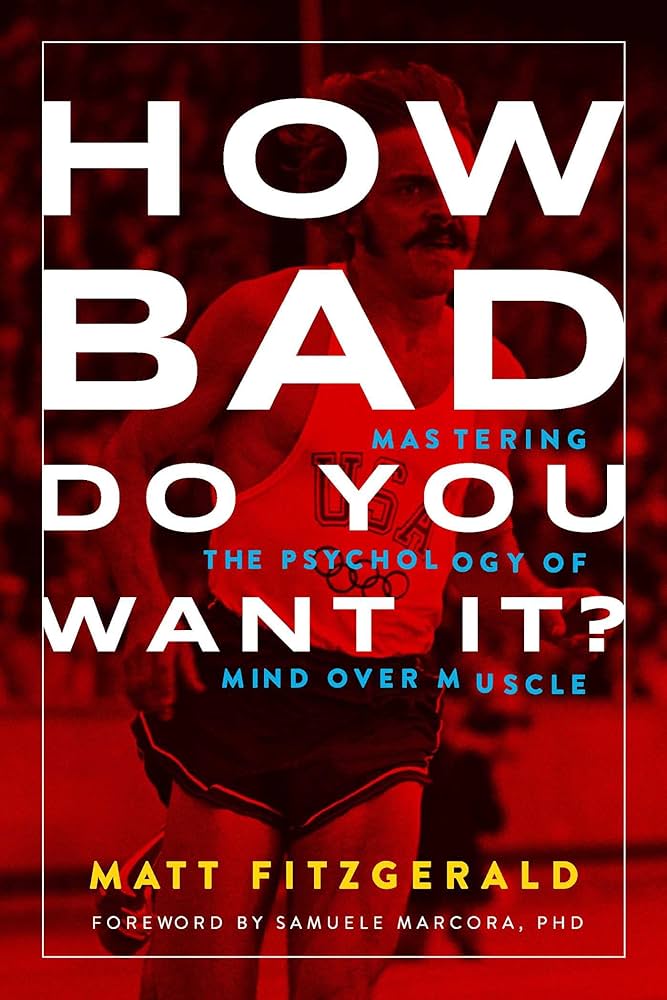Fear of failure, social environments, and self-image are all aspects of how the mind influences our work. Currently, many studies are being done to figure out more about how the brain functions and build on our understanding of the complex organ. Matt Fitzgerald, coach and author of many sports-related books, dives into the vague understanding of the mind and develops a perspective through the stories of athletes and his experiences as an athlete in his book “How Bad Do You Want It?”. The book explores this through the lens of endurance sports in particular. He looks into the question, what makes a greater impact on athletic performance—the physical capabilities of an athlete or their mental strength?
Fitzgerald’s book, released in 2015, is split between athletic stories and his evidence-supported ideas on the stories. He references numerous stories of high-performance athletes to analyze the importance of mentality in their achievements or failures. As an author of many other books, Fitzgerald demonstrates strong storytelling skills, making the stories that he references feel connected to the reader. The places and situations are told in descriptive detail, so you can properly visualize the situation of a given athlete. It is medium in length, almost 300 pages, so the information is accessible to anyone generally interested in psychological influences or sports.
Each story is from a different endurance sport, including biking, swimming, and running. His choices for each chapter allow him to cover different perspectives and situations. Throughout the book, Fitzgerald references the development of research and studies on the human body and mind. Alongside his methodical analysis, his reasoning is logical and easy to follow. He begins the book with a strong claim, that “the most gifted .001 percent have the same psychological vulnerabilities that the rest of us have, and must overcome them to achieve things we do not” (Fitzgerald 6). Following this introduction, each chapter serves as evidence and reasoning for his argument.
By the end, you will feel more conscious of how your mind affects your performance, even outside of athletic events. Senior distance runner and soccer athlete Evan Smith says, “Reading the book caused me to look at endurance sports differently than I ever have before. I began seeing sports as a test of athletics but also mental fortitude. I began taking mental preparation as seriously as I was physically.” For current spring athletes, this is an effective way to look back on your season and reflect with a more open mindset. The book gives you the tools to take more responsibility and better understand your abilities.
Because of its impact and relevance to more than just a sport, I would recommend this book to anyone interested in psychology, self-improvement, or sports. The topic is relevant since the mind is still being studied, and it is a good book to read before watching the upcoming Summer Olympics.










